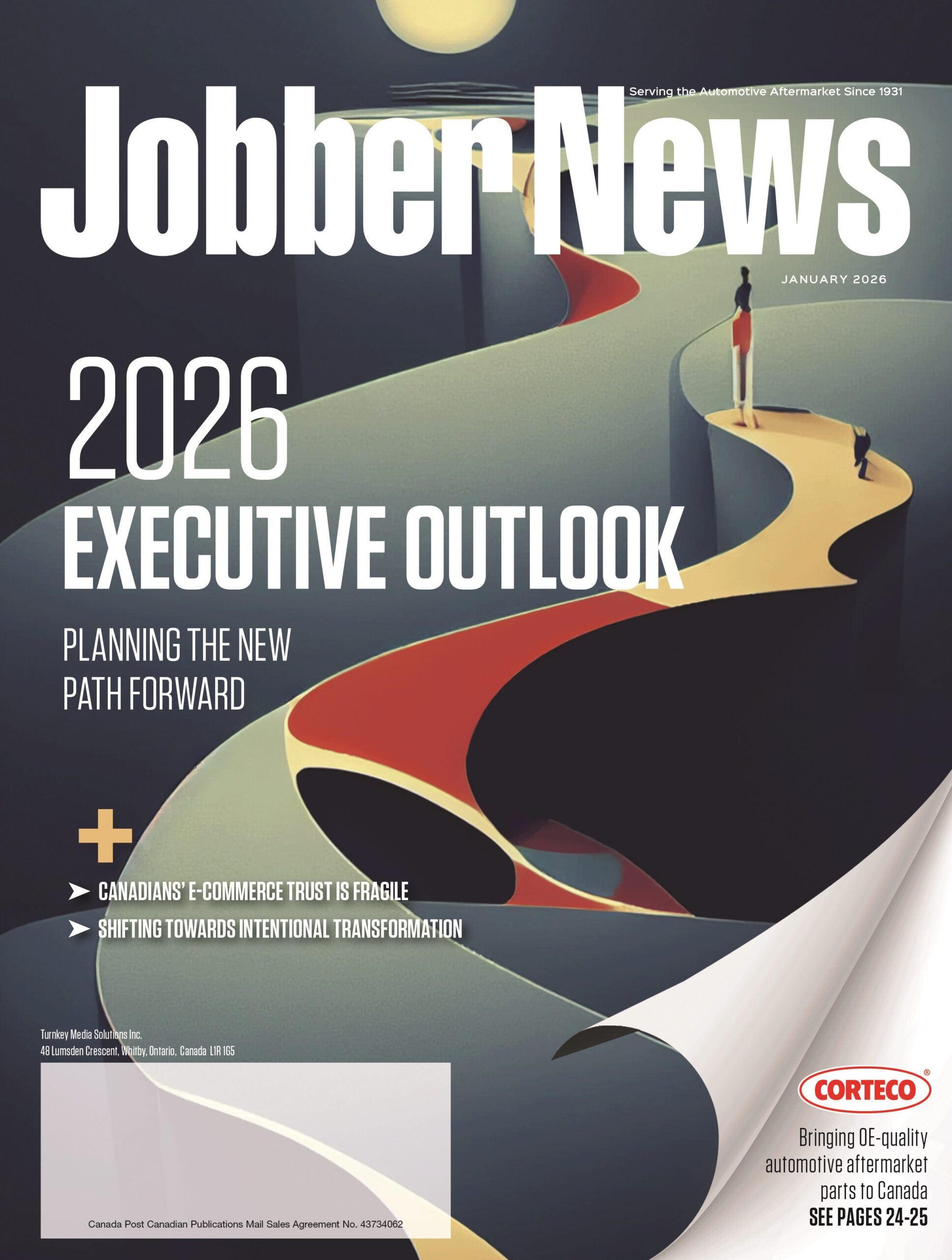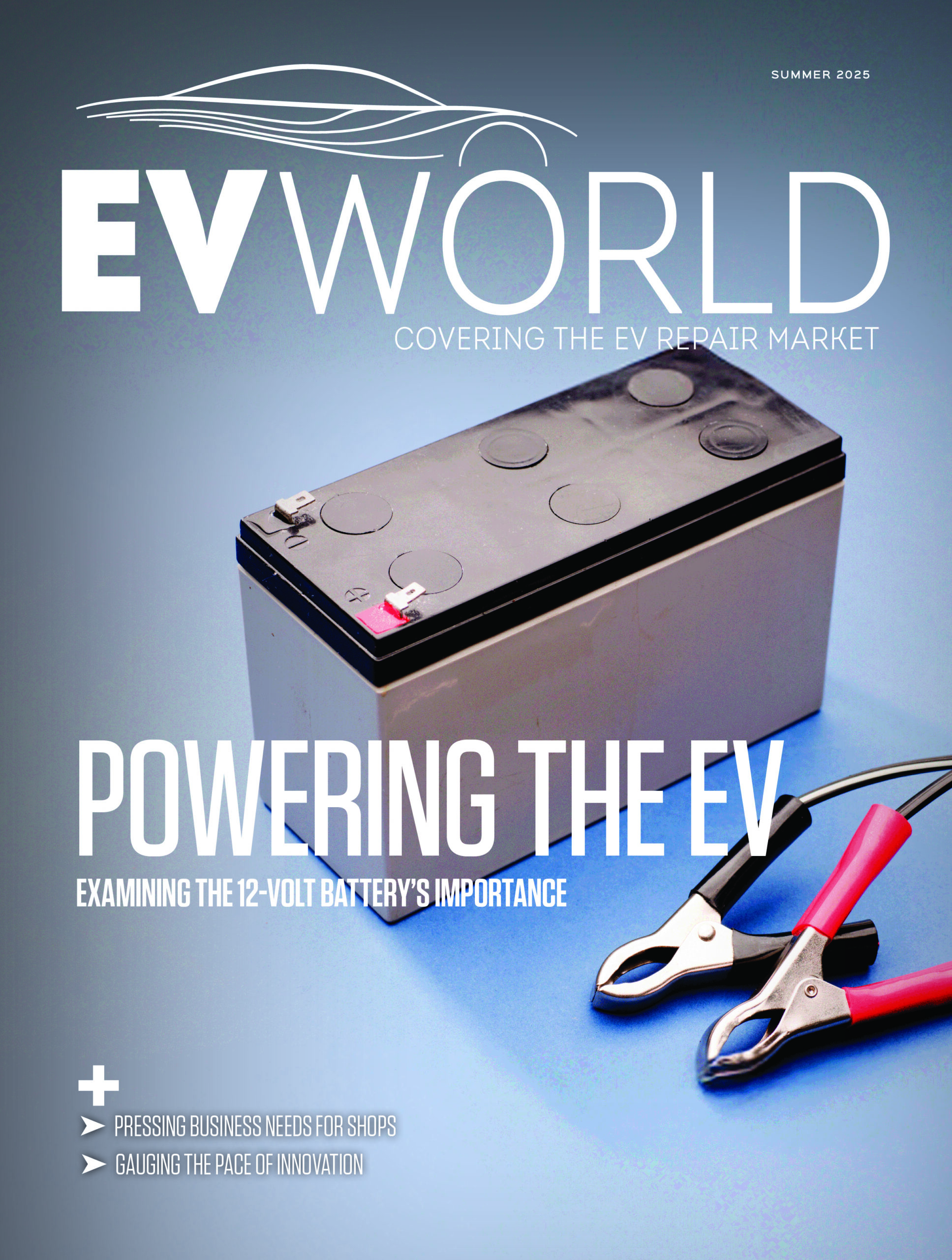
New vehicle sales in Canada climbed nearly eight per cent in May, even as the industry braced for potential trade disruptions and tariff fallout.
DesRosiers Automotive Consultants estimated that Canadian new vehicle sales reached 187,000 units in May 2025 — a 7.9 per cent increase over the same month last year. While the year-over-year gain is notable, DAC points out that May 2024 was a weak comparison point and that this May had one additional selling day.
Still, in the context of ongoing trade uncertainty, the performance is being viewed as a solid outcome. The seasonally adjusted annual rate (SAAR) for May came in at 1.81 million units — lower than recent months and well below the highs seen in the late 2010s.
Between 2017 and 2019, May sales consistently topped 200,000 units, making it the strongest month of the year during that period.
The biggest story in May wasn’t what happened — but what didn’t. A proposed 25 per cent tariff by the U.S. on USMCA auto parts, expected to take effect on May 3, was postponed. DesRoseiers noted that had the tariffs gone ahead, they would have had “immediate and disastrous impacts” on the auto markets and production systems across North America.
In Canada, counter-tariffs introduced on April 9 are already starting to affect the market. With pre-tariff inventory dwindling, attention is turning to how these measures will shape vehicle availability and pricing in the months ahead.
DAC estimated that about 41 per cent of light vehicles sold in Canada during the first quarter were sourced from the U.S. However, a federal Motor Vehicle Remission Order has reduced or eliminated the tariff impact for vehicles assembled by five automakers with Canadian operations.
“If you exclude vehicles from these five companies, then the share of vehicles sold in Canada that would face the full 25 per cent tariff falls to less than nine per cent of the market,” said Andrew King, managing partner at DesRosiers.
That said, some U.S.-sourced models from other automakers may become less competitive due to higher prices, potentially affecting consumer choice and dealership inventories.
While the delay in U.S. tariffs has provided temporary relief, the consultancy warned that the situation remains fluid. The firm notes that “being in the eye of the storm should not be confused with a resolution,” and that the upcoming G7 summit in Kananaskis, Alberta on June 15 could be a pivotal moment for trade discussions.
Image credit: Depositphotos.com













Leave a Reply